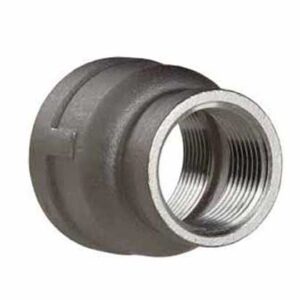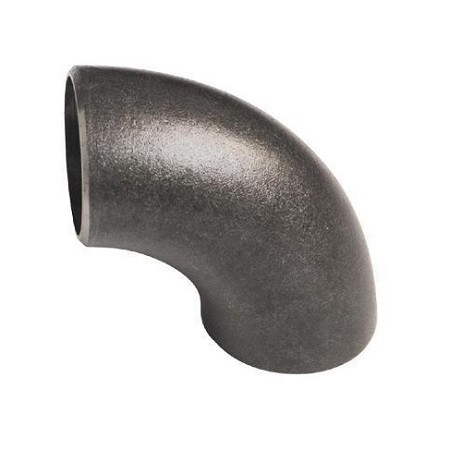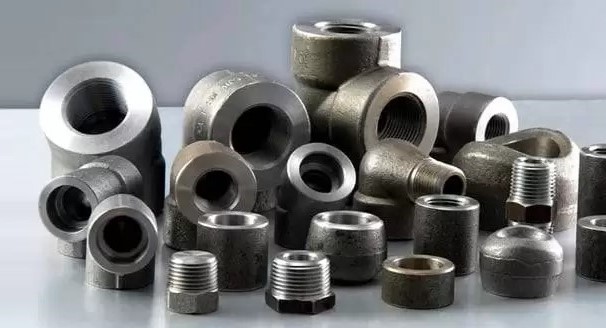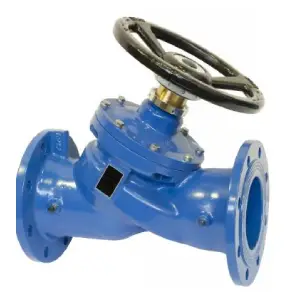Offcanvas top
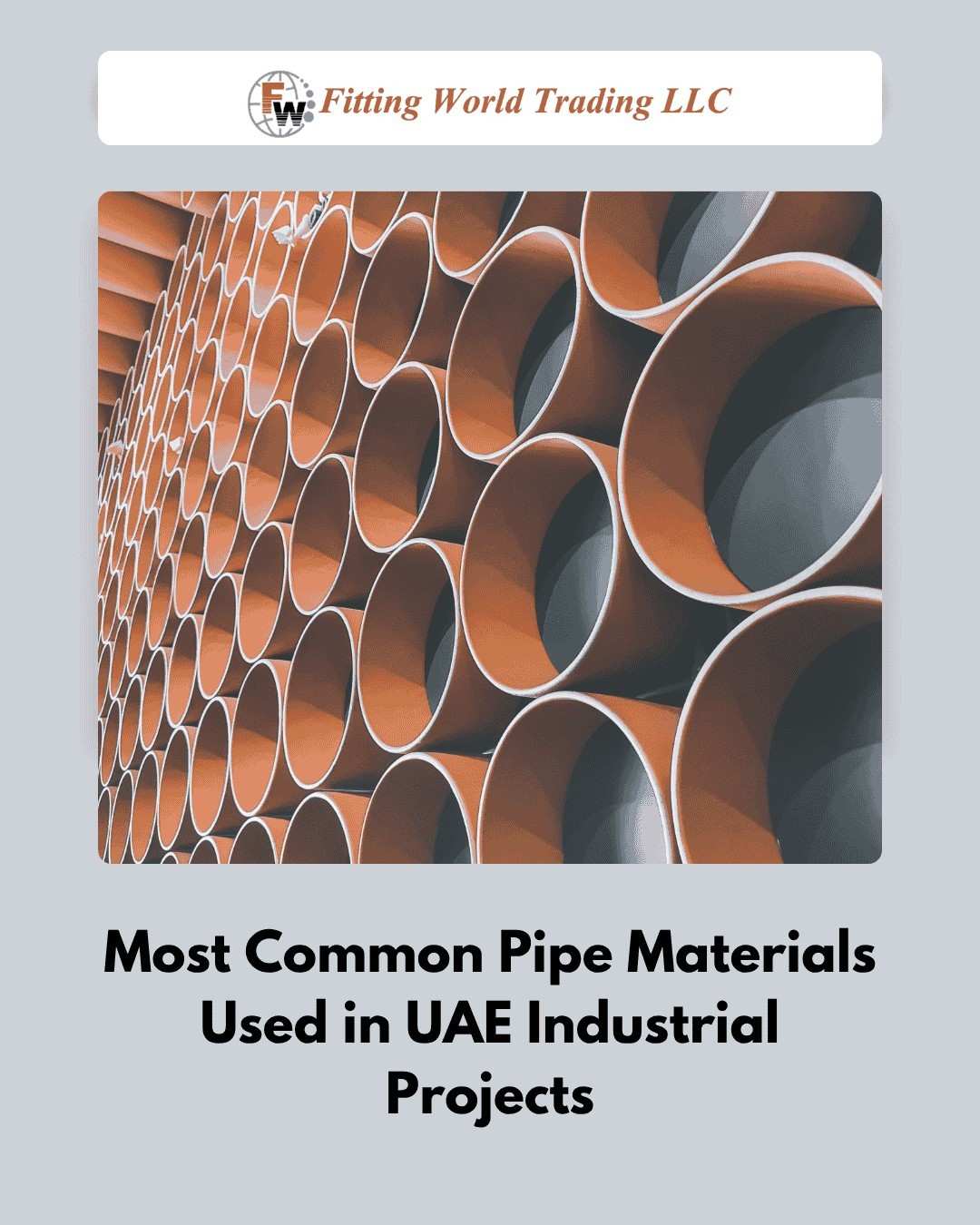
Most Common Pipe Materials Used in UAE Industrial Projects
Piping systems form the backbone of industrial infrastructure in the UAE, serving critical roles in oil and gas, chemical plants, water supply, and wastewater treatment. Selecting the right pipe material is crucial for durability, efficiency, and safety, especially in harsh conditions like high temperatures, humidity, and saline air.
Using the wrong material can cause corrosion, leaks, frequent maintenance, or operational failures. Common materials include steel pipes, plastic-based pipes, and specialized options such as copper, HDPE, and cast iron, each suited for specific applications.
Partnering with a trusted pipes supplier in UAE ensures high-quality materials and reliable guidance for long-lasting, efficient industrial pipelines.
Steel Pipes
Steel remains one of the most widely used pipe materials in UAE industrial projects because of its strength, durability, and long service life. Different types of steel pipes are preferred depending on the application:
Mild Steel (MS):
Mild steel is a versatile and cost-effective choice suitable for pipelines in a variety of industrial applications. Many projects source high-quality MS pipes from trusted suppliers offering carbon steel pipe, which ensures consistent performance. Mild steel is ideal for carrying water, compressed air, or non-corrosive fluids under moderate pressure.
Advantages:
- Affordable and widely available
- Strong enough for medium-pressure applications
- Easy to fabricate and install
Limitations:
- Prone to corrosion in coastal or humid environments unless coated or protected
Stainless Steel:
Stainless steel pipes are vital for environments that demand corrosion resistance, high-temperature tolerance, and long-term durability. They are widely used in industries such as oil and gas, chemical processing, and desalination plants.
Common grades include 304 and 316, with Grade 316 preferred in highly corrosive environments due to its superior resistance to chlorides.
Advantages:
- Highly resistant to corrosion and chemical damage
- Suitable for high-pressure and high-temperature fluids
- Long-lasting and low-maintenance
Limitations:
- Higher cost compared to mild or carbon steel
- Requires specialized welding and handling in large projects
Common UAE Applications:
- Offshore pipelines
- Desalination plants
- Chemical and petrochemical facilities
Seamless (SMLS) Pipes:
Seamless steel pipes are manufactured without welded joints, providing uniform strength and excellent pressure resistance. In Dubai, these pipes are widely used for high-pressure pipelines, steam lines, and petrochemical applications.
Advantages:
- Handles high pressure and temperature efficiently
- No weak points from welding
- High mechanical strength and reliability
Limitations:
- More expensive than welded pipes
- Limited availability in extremely large diameters
Welded ERW Pipes:
Welded ERW (Electric Resistance Welded) pipes are widely used for medium-pressure applications, including water supply, HVAC, and industrial fluid transport. Welded ERW is an economical choice for projects requiring long pipe lengths with consistent diameter.
Advantages:
- Cost-effective for medium-pressure applications
- Easier to produce in long lengths
- Good for general industrial pipelines
Limitations:
- Slightly lower strength than seamless pipes
- Weld seams can be a potential weak point under extreme conditions
Plastic-Based Pipes
Plastic piping is gaining popularity in UAE industrial projects due to lightweight construction, chemical resistance, and ease of installation. Common plastic pipe types include PPR, PVC, and CPVC:
PPR (Polypropylene Random Copolymer):
Known for its resistance to heat, pressure, and chemical corrosion, PPR is widely used in residential, commercial, and industrial water systems. Its non-toxic nature makes it suitable for potable water pipelines.
Advantages:
- Long-lasting and corrosion-resistant
- Handles high pressure and temperature
- Lightweight and easy to install
Limitations:
- Limited suitability for high-pressure petrochemical pipelines
PVC (Polyvinyl Chloride):
PVC is a durable, affordable, and corrosion-resistant option. It is commonly used for water distribution, drainage, and irrigation networks.
Advantages:
- Cost-effective and widely available
- Resistant to chemical corrosion
- Lightweight and easy to cut/install
Limitations:
- Not suitable for high-temperature fluids
- Can become brittle in extreme cold or UV exposure
CPVC (Chlorinated Polyvinyl Chloride):
CPVC provides enhanced resistance to heat, water, and chemicals compared to standard PVC. It is often used for industrial water, oil, and chemical pipelines.
Advantages:
- Handles higher temperatures than PVC
- Resistant to corrosion and chemical degradation
Limitations:
- More expensive than PVC
- Requires careful installation to avoid stress fractures
Other Common Materials
- Copper: Copper is valued for its thermal conductivity and corrosion resistance, often used in heating systems or smaller pipelines. Copper pipes are sometimes coated with PVC to improve durability and protect against environmental damage.
- HDPE (High-Density Polyethylene): HDPE is flexible, lightweight, and corrosion-resistant, making it suitable for water, sewage, and chemical transport systems. HDPE’s flexibility allows it to withstand ground movement without cracking, which is particularly beneficial in large infrastructure projects.
- Cast Iron: Cast iron pipes are used primarily for drainage and sewer systems due to their strength, fire resistance, and ability to handle heavy loads. They remain a durable choice in municipal and industrial projects where long-term reliability is critical.
Factors to Consider When Choosing Pipe Materials
Selecting the right pipe material depends on several key factors:
- Corrosion Resistance: Coastal and industrial regions require materials that can resist saline air and chemical exposure. Stainless steel, HDPE, and coated carbon steel are ideal choices.
- Temperature and Pressure: High-temperature steam or high-pressure fluids demand robust materials like stainless steel, seamless pipes, or carbon steel.
- Cost and Maintenance: Some materials may have higher upfront costs but reduce long-term maintenance and replacement expenses.
- Project Type: Water, wastewater, gas, and petrochemical pipelines each have unique requirements that influence material selection.
- Installation Flexibility: Lightweight materials such as PPR and HDPE simplify installation and reduce labor costs, which is important in complex industrial layouts.
FAQs
What is the most commonly used material in pipe manufacturing?
Steel, particularly carbon steel and mild steel, is the most commonly used material in pipe manufacturing due to its strength, durability, and versatility across industrial applications.
Which material’s pipe is used for industrial locations pipeline?
Industrial pipelines often use stainless steel or carbon steel pipes because they can withstand high pressure, temperature, and corrosive environments.
What is the primary material for piping?
The primary material for piping varies by application, but steel (carbon or stainless) remains the standard for high-pressure and industrial systems, while plastics like PVC and PPR are popular for water and chemical transport.
What is the most common pipe material used in the petrochemical and petroleum industry?
Carbon steel and seamless steel pipes (SMLS) are widely used in petrochemical and petroleum pipelines due to their ability to handle high pressure, high temperature, and corrosive fluids.
Conclusion
Industrial pipelines in the UAE must endure harsh conditions while ensuring safety, durability, and efficiency. Steel pipes including Carbon Steel (CS), Stainless Steel, Seamless (SMLS), and Welded ERW are ideal for high-pressure and high-temperature applications.
Plastic options such as PPR, PVC, and CPVC provide cost-effective, corrosion-resistant solutions for water and chemical systems, while materials like copper, HDPE, and cast iron are used for specialized applications.
Fitting World Trading stands out as a leading pipe and fittings supplier in the UAE, offering high-quality industrial materials tailored to the region’s demanding environments. Choosing the right steel, plastic, or specialty pipes ensures safe, durable, and efficient industrial pipelines in the UAE’s harsh environments.
Explore More Expert Insights
Discover guides on carbon & stainless steel pipes, flanges, fittings, and high-pressure products for your next project.
- Key Functions of Stainless Steel Pipes & Fittings – Understanding the Main Uses of Stainless Steel Pipes
- Spiral Wound Gasket Industry Growth Analysis – Exploring Market Trends in the Spiral Gasket Industry
- Top Applications of Stainless Steel Pipe Fittings in Industrial Projects – Best Industrial Uses of SS Pipe Fittings
- Essential Safety Valve Insights for UAE Industrial Processes – Key Safety Valve Functions in UAE Industrial Systems
- Everything You Need to Know About SS Pipes and Fittings – Learn the Basics and Uses of SS Pipes and Fittings


